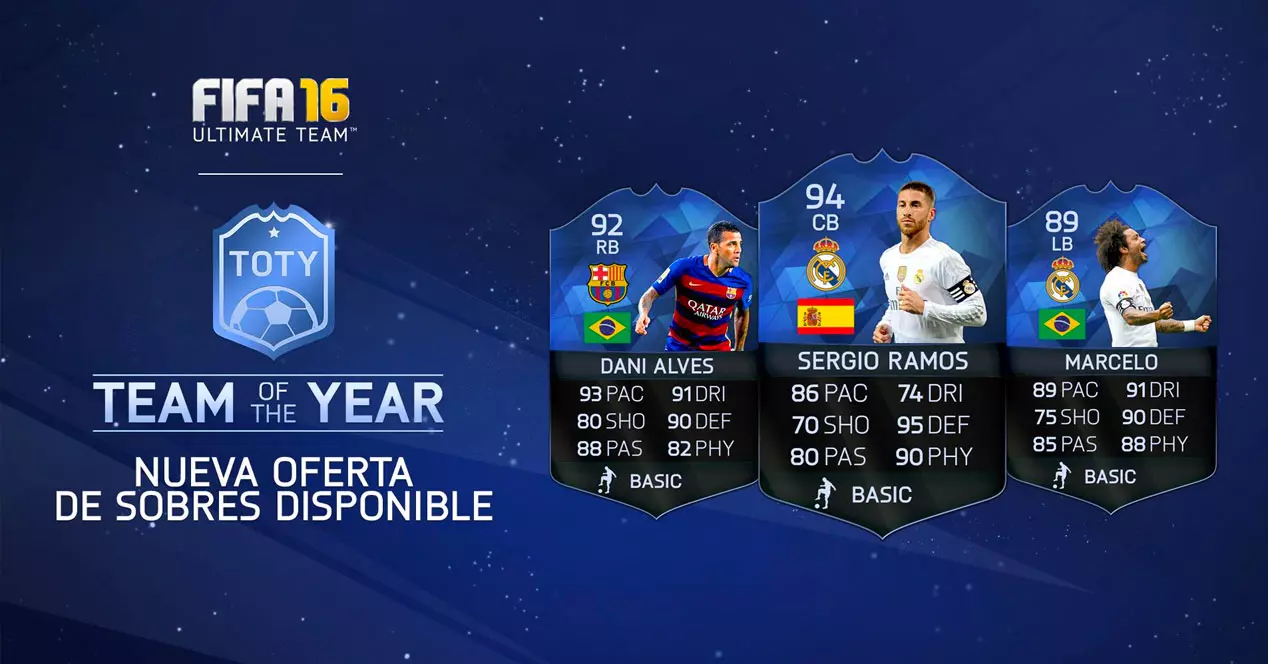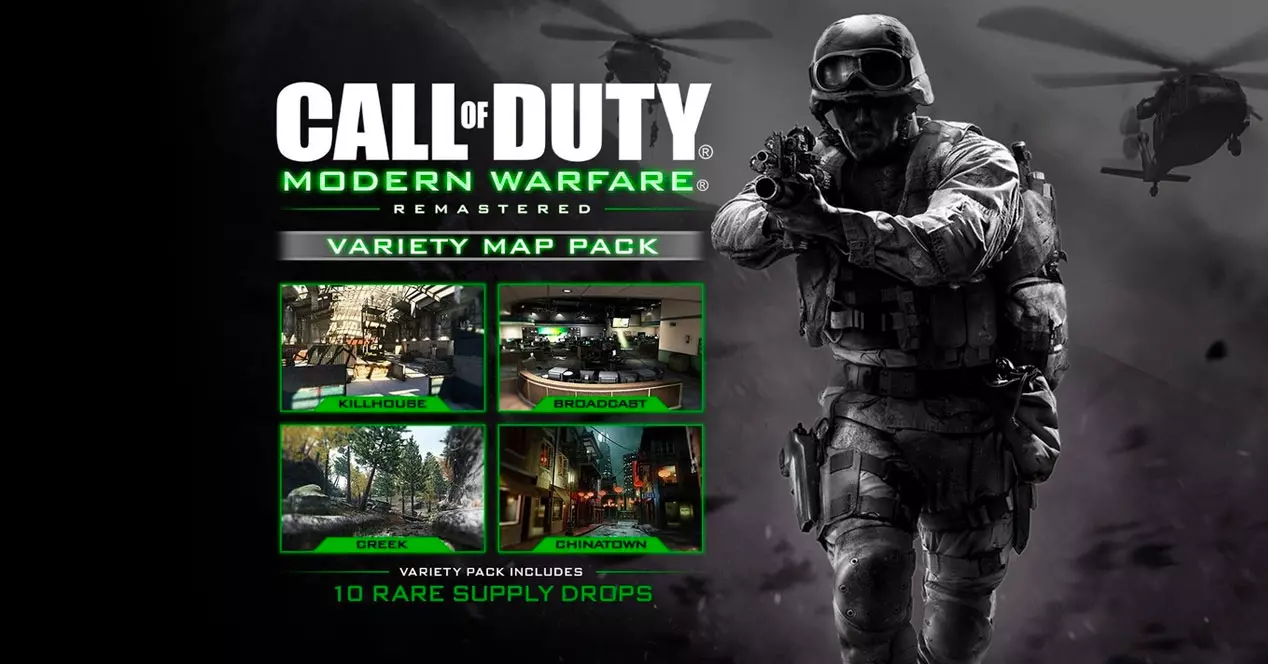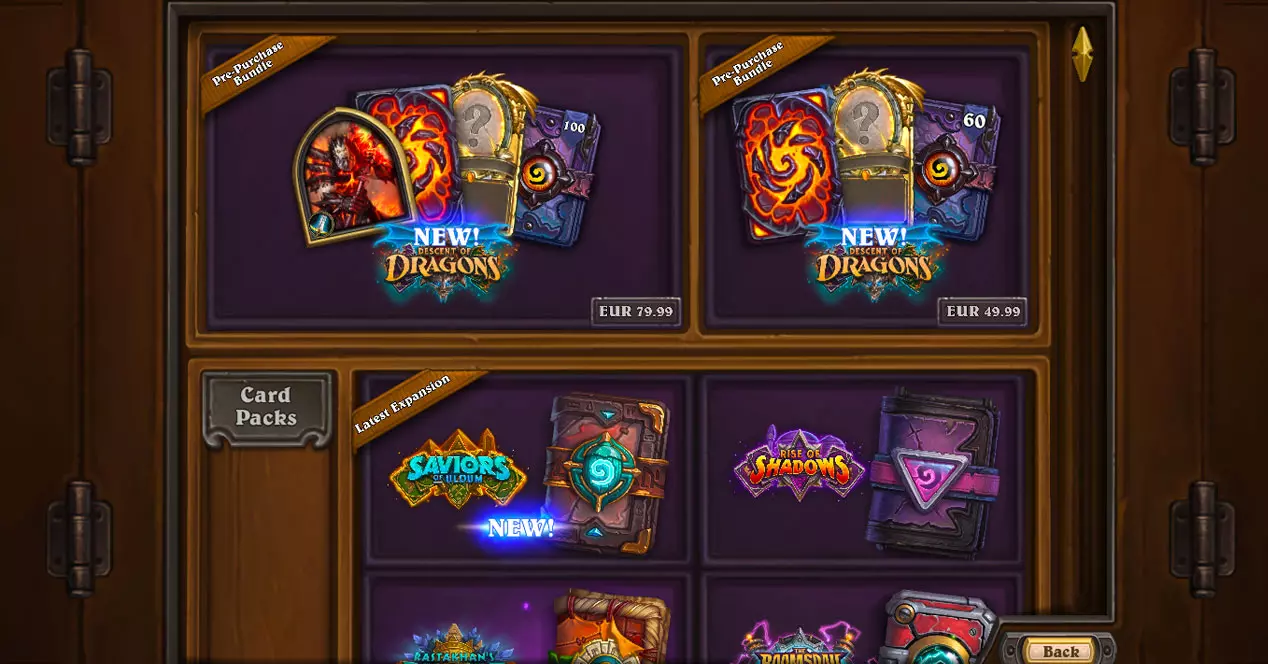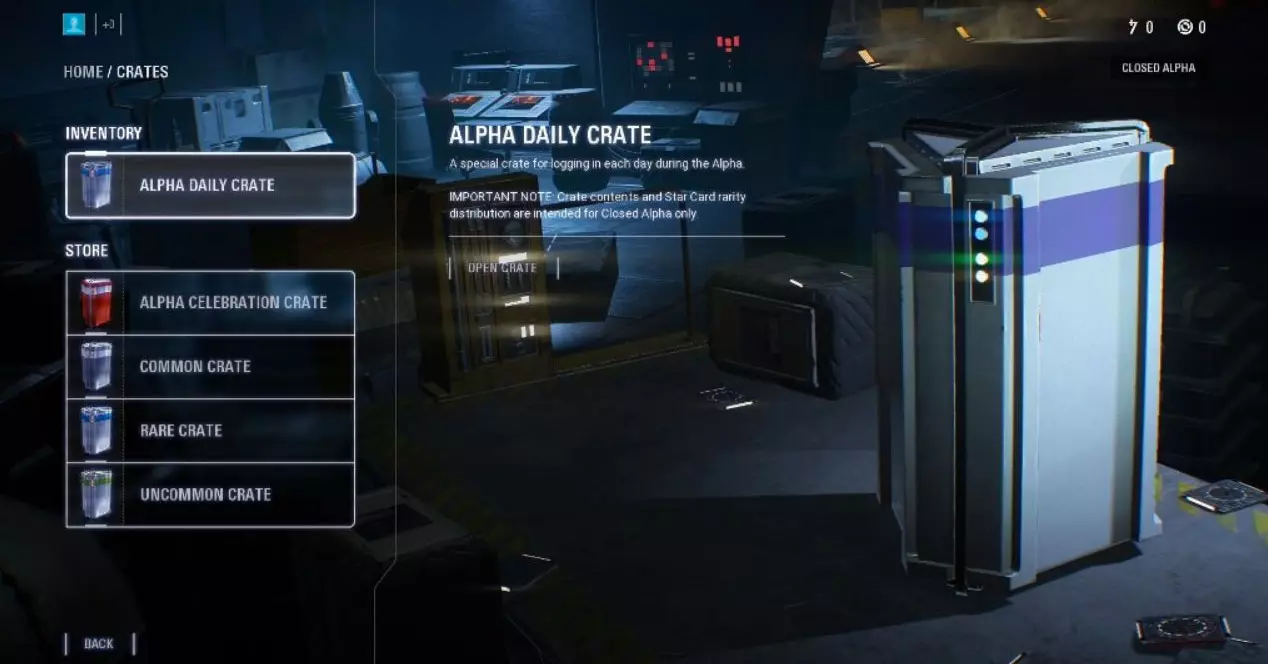
Over the last decade a new type of content has proliferated within games which is the so-called micropayments. That is, small amounts of money that often do not reach a couple or three euros, and for which we can get an essential element (or not) within a video game. Whether it’s a resource, some coins, various characters, weapons, aesthetic elements, scenarios or whatever the developer has imagined that we are interested in having and what we might be willing to pay for.
5 Games that took away your illusion
The result of these practices is that video games have stopped costing only the 70 or 80 euros of their full price, what the companies say, but these numbers shoot up much further to 100, 150, 200 or more. Everything will depend on how much we are willing to squeeze the wallet and how diabolical the programmers have been to complicate things within a normal progression of the game that ends up pushing us to visit the store more than we would like.
In addition, if we have decided to want to make this short list of games that took away our enthusiasm for having fun based on micropayments, it was after learning that, in just eight weeks, Devil Immortal has reached $100 million in revenue thanks to those items that flood everything, and about which the community has bitterly complained after seeing that Blizzard had transformed its legendary franchise into a shameless vending machine.
So if you think so, we are going to remember five cases that were (or are) especially bloody:
farmville
It was in 2009 when, in the heat of the arrival of smartphones, a company devised what we could consider as one of the first free 2 play that, over the years, we all know what it really means pay 2 win. With that innocent development in which we created farms and harvested the harvest, we realized the importance of micropayments focused on acquiring time (also tomatoes, cauliflowers, small trees, animals, etc.) to continue collecting raw materials within the game . All the fun that was died instantly when it forced us to have to stand for several hours… except if we paid.
FIFA
no doubt that the FIFA saga has to appear on its own merits because all the part of its famous FUT (FIFA Ultimate Team) is designed so that the kids do not stop buying envelopes with these cards that allow us to make dream teams, with soccer players from all eras and that later give us the opportunity to Compete at a higher level in online matches. Who has not paid to see if Ronaldo Nazario comes out?
Call of Duty Modern Warfare Remaster
Activision has also jumped on the micropayment bandwagon, albeit with a little more decorum than many other companies. Although there was a moment that raised the community in arms when a pack of maps for the remastered version, “Variety map pack”, was put at 15 euros of price compared to the 10 that it cost in the game without remastering. On top of that, to the greater indignation of the players, this package reached PC users completely free through the original version of Call of Duty Modern Warfare that was still working.
Heartstone
Definitely, It is about the laboratory that has led Blizzard to launch Devil Immortal. A card game based on World of Warcraft that has not only raised hundreds of millions of euros in recent years, but has also seeded its menus with a whole rosary of micropayments that are focused on us going through the box without even tempting us to look for rewards Playing. And it is that even the DLC are marketed in card envelope format and not as starter packs with a basic deck from which to improve.
Star Wars Battlefront II
It has remained in memory as the clear example of what it means to ruin the fun and gaming experience when you design the goal looking for the players to go through the box yes or yes. The progression and the rewards forced the gamers to have to invest countless hours, with the clear intention of pushing them towards the store so that they would leave the euros. Pressured by the community, Electronic Arts backed down, although the anger and scandal was so great that this was the starting point of many laws in different countries to curb the so-called “loot boxes”.







